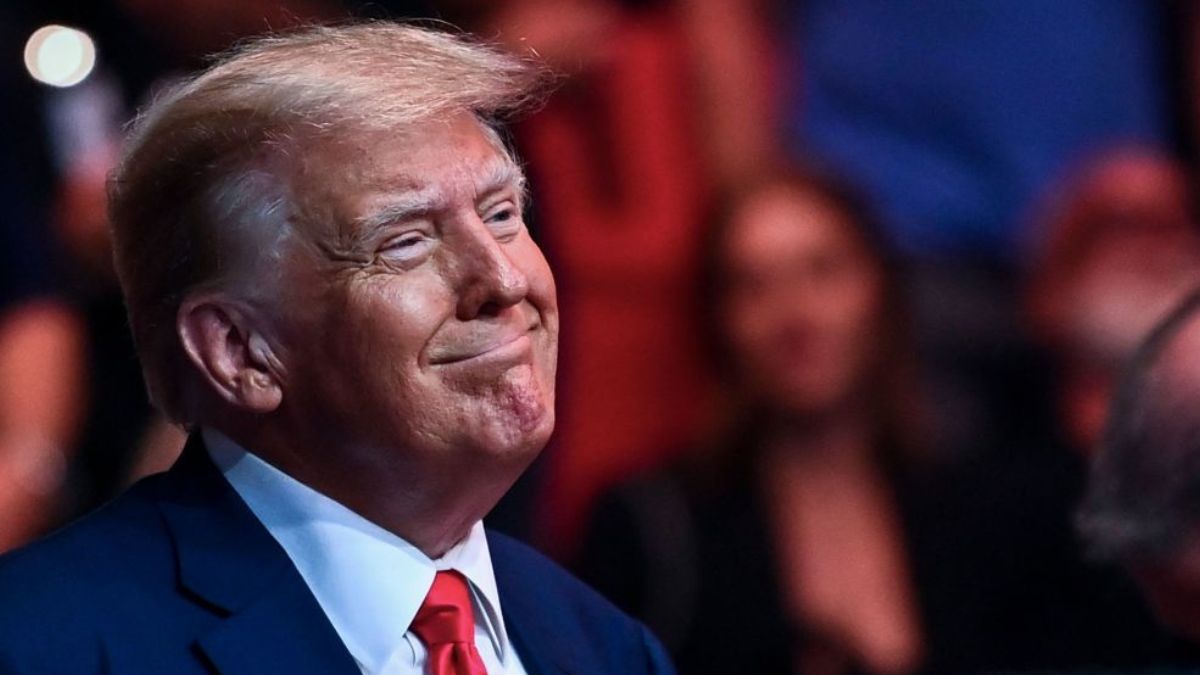The Teamsters Union, one of the largest and most influential labour organizations in the United States, has decided not to endorse either Kamala Harris or Donald Trump in the 2024 presidential election. This marks a significant departure from the union’s traditional role in backing Democratic candidates and reflects growing dissatisfaction among its members with both major political parties.
Representing more than 1.3 million workers across industries such as transportation, warehousing, and delivery, the Teamsters have historically supported Democratic candidates, seeing them as more aligned with workers’ rights and labour issues. However, the decision not to back Harris, the presumptive Democratic nominee, highlights a deeper frustration with the Biden-Harris administration’s handling of key labour concerns, particularly concerning economic policies and worker protections.
According to union leadership, the choice to remain neutral is based on a perceived lack of meaningful progress on issues such as wage stagnation, workers’ rights, and job security. Many union members have also voiced concerns about the administration’s handling of inflation and its impact on workers’ living standards. While Harris has advocated for policies aimed at boosting the middle class and expanding labour protections, union members remain sceptical of whether these initiatives will translate into real, tangible improvements for their livelihoods.
Harris’ campaign will undoubtedly feel the sting of this decision, especially in critical battleground states like Michigan, Wisconsin, and Pennsylvania, where union support has traditionally played a crucial role in tipping the scales in favour of Democratic candidates. The loss of Teamsters’ endorsement in these key regions could make it harder for Harris to rally working-class voters and turn out the Democratic base.
On the other side, the union’s decision not to endorse Trump also reflects concerns about the former president’s track record on labour issues. While Trump has maintained a strong connection with blue-collar workers, especially in manufacturing and industrial sectors, his policies, including tax cuts that disproportionately benefited the wealthy and his administration’s handling of labour rights, have alienated many in organized labour. Despite Trump’s populist rhetoric, the union leadership believes his economic policies have not sufficiently protected workers or advanced their rights.
The Teamsters’ neutrality could open the door for third-party candidates like Green Party’s Jill Stein, who may seek to appeal to disillusioned workers. However, the decision also underscores a broader trend of dissatisfaction within labour movements that are increasingly critical of both the Democratic and Republican parties.
Political analysts suggest that the union’s move to withhold endorsement from either candidate sends a strong message to both campaigns about the importance of prioritizing labour issues. With a tight race anticipated in 2024, particularly in swing states, both Trump and Harris will need to find ways to appeal to working-class voters without the formal backing of one of the most powerful labour organizations in the country.


